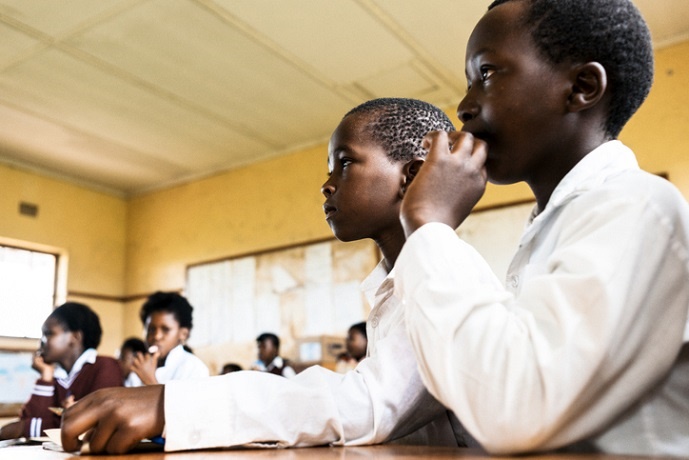
The year has commenced on a negative note for the Gauteng Department of Education, as eighteen pupils have died under various circumstances since the beginning of 2020.
This number is justifiably worrisome for all, from parents and teachers to relevant government officials and society at large.
There are various rules, regulations and laws which seek to safeguard the lives and well-being of children including, among others, the Constitution of the Republic of South Africa, the Schools Act; common law; and internal schools’ constitutions.
Depending on various circumstances, families mourning the tragic loss of their children may be able to call on the law.
Legal action can bring closure
Some parents may view engaging in a lengthy court case a pointless and painful exercise, clouding the healing process without hope of bringing back their loved one.
However, litigation can play a vital role in bringing about closure because it holds those who are responsible for deaths to account. Cases like these also send a strong message and even prevent similar senseless deaths.
Claims are determined case by case
It is important to note that not every death of a child will be eligible for legal recourse.
To determine the legal liability in a particular case, consider these important questions:
- where the incident happened;
- how it happened;
- was there any agreement or consent and if so,
- what did it entail;
- who is possibly responsible and should be held accountable;
- if there was any breach of the duties
The surrounding circumstances of each incident will determine whether there is a claim or not. Here are three examples:
1. A child dies after being flung off a mechanical bull at the school’s sports day. The ride, owned and operated by the school, was set to the highest speed with no safety harnesses. The legal pointers would suggest that the school is responsible for the death. The parents may instigate a case against the school or MEC for Education, depending on whether a school is private or public.
2. A child drowns crossing a river walking home after school. The school transport failed to arrive and did not communicate with the school or parents. The parents may have a case in holding the driver or even the transport company liable.
3. A child is struck dead by lightning on the way home from school. There is a very slim chance (if any) that anyone will be held liable.
- Lawyer: Yes, you can sue if your child is injured at school
- "Goal posts fell onto my son and he did not survive": A dad starts a much-needed conversation around school sport safety
- Who assumes responsibility when a child is hurt at school?
What about financial compensation?
The claims applicable to the examples above are more about healing, finding closure and deterrence.
The financial aspect is seldom considered unless the child did not die, but sustained injuries or suffered severe consequences as a result thereof.
Justice and holding to account those responsible should be a driving force behind such cases.
What to claim
What families may claim will depend on the circumstances of each case.
Generally, they would be able to claim:
- hospital expenses (if applicable)
- funeral expenses (unless the school or education department paid for such)
- constitutional damages
- general damages
- severe trauma and grief
The safety of children is paramount
Legal action assists the law in sending a strong message to those who transgress to the detriment of children.
The cost of court cases should not discourage families from bringing claims forward. However, if families cannot claim, it should not be misconceived to mean some lives are less valued and not worthy of legal protection.
Ensuring the safety of children in schools must be the primary goal, rather than reparation.
If the unfortunate occurs, it is vital that the families take the necessary steps to ensure justice prevails, engage in litigation (if necessary) as part of the healing process and ultimately find closure.
Submitted by Adams and Adams.
Find more free legal advice in the Parent24 Finance & Legal hub.
Chat back:
Share your story with Parent24. Anonymous contributions are welcome.
WhatsApp: Send messages and voicenotes to 066 010 0325
Email: Share your story with us via email at chatback @ parent24.com




 Publications
Publications
 Partners
Partners











